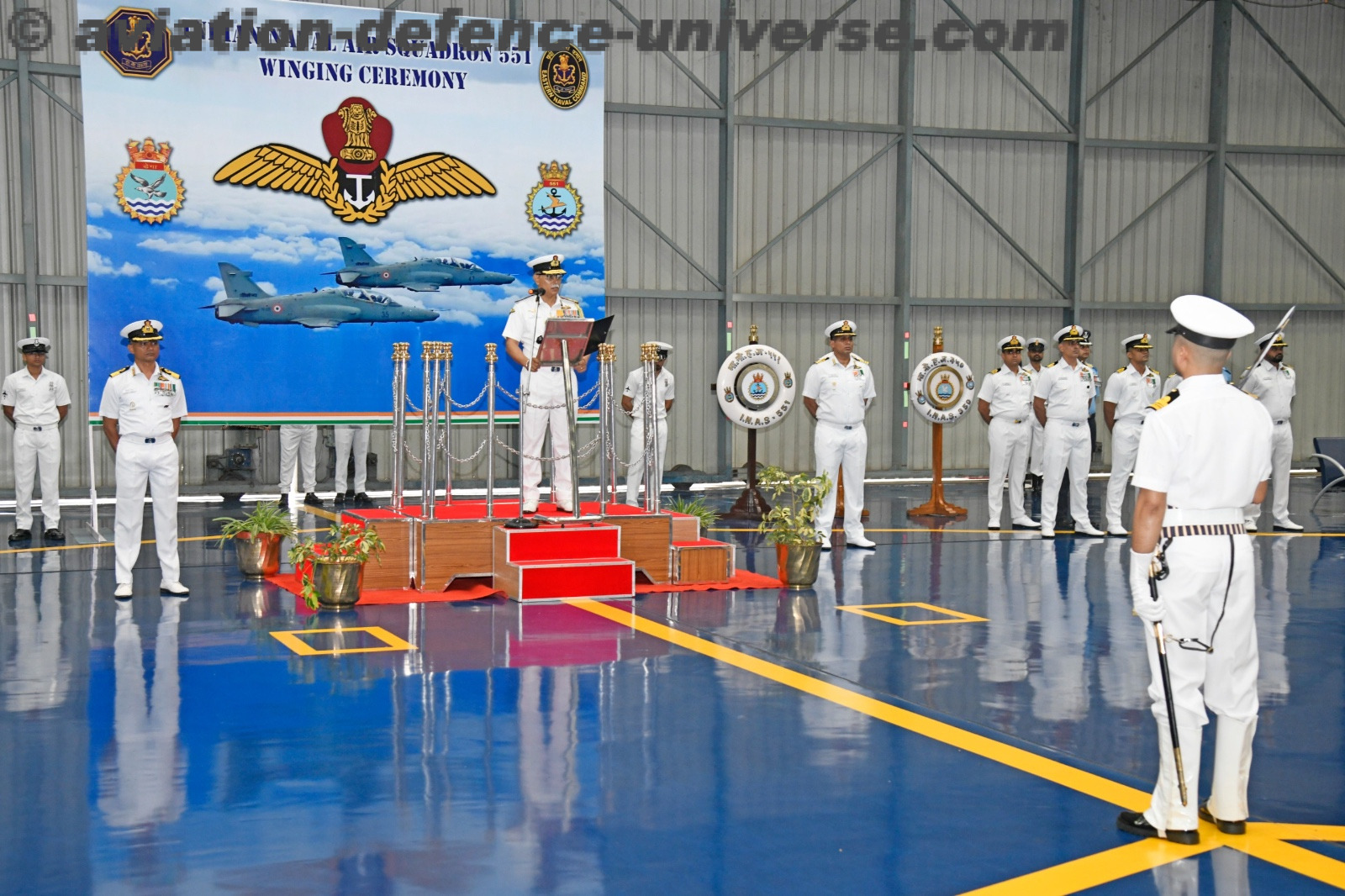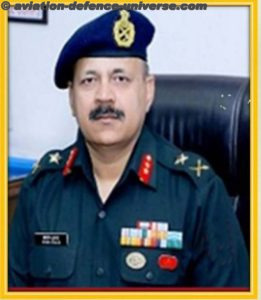- Tehreek-e-Taliban Pakistan renounces ceasefire
By Jai Kumar Verma
New Delhi. 29 December 2022. Pakistan’s Frankenstein Tehreek-e-Taliban Pakistan (TTP) has formally announced the renunciation of the unsteady ceasefire with the government. TTP which is also called Pakistani Taliban, is an umbrella organisation of several terrorist outfits. The TTP announced recently that it is relinquishing ceasefire as security forces including intelligence organisations are continuously attacking various outfits of the organisation.
TTP’s orders to its field units are, “wherever you find an opportunity to attack, do proceed”. TTP also demanded the release of several convicts included dreaded terrorists who were members of the outfit. Although security forces have released several hundred prisoners but refused to free few hardcore terrorists.
As a result of active mediation of Afghan Taliban, Pakistan government and TTP concurred for the ceasefire in the beginning of the year. However, both parties have not adhered to it in letter and spirit. The security forces continued attacking TTP affiliates, while TTP also killed more than 300 Pakistan security force personnel and their informers. The ceasefire could not be prolonged as TTP has refused to yield from its demands including the reversal of the merger of the Federally Administered Tribal Areas (FATA) in Khyber Pakhtunkhwa (KP). Pakistani authorities made it clear that the merger of FATA in KP occurred in 2018 after bipartisan consensus and constitution is amended accordingly, hence it cannot be reversed. The TTP fighters have also refused to surrender their arms before their return to Pakistan. Although several meetings were held but were of no avail.
In July this year, a delegation of Ulema led by Mufti Taqi Usmani visited Kabul and tried to convince the TTP leaders to abandon their demand of separation of FATA from Khyber Pakhtunkhwa (KP) and to surrender their arms, which again did not work.
The TTP fighters attacked Pakistan security forces posted on Pakistan-Afghanistan borders and killed more than 20 Pakistani security personnel in April 2022. The TTP video-graphed the whole incident and posted it on social media in which it was clear that TTP fighters were carrying automatic weapons.
Pakistan government resorted to airstrikes on TTP hideouts in Afghanistan. Islamabad also issued a stern warning to Afghan government not to give shelter to TTP fighters. These warnings combined with airstrikes pressed Afghan Taliban to force TTP for peace negotiations. Nevertheless, recently Afghan Taliban as well as TTP both made it clear that the TTP is operating from inside Pakistan and Afghans have nothing to do with it as it is the internal matter of Pakistan.
Pakistan wants peace with TTP as it fears that its fighters or splinter groups may join Islamic State (IS), which will be very dangerous for the security forces. Islamabad is also contemplating that, in case truce is not feasible with TTP then security forces may try to have ceasefire with some splinter groups of TTP.
TTP was unhappy with the slow pace of negotiation and constant attack on their cadres but the real jolt came when few TTP leaders including Abdul Wali, alias Omar Khalid Khorasani were killed in Afghanistan in August 2022. TTP unofficially called off ceasefire on 3rd September and carried out several bomb and gun attacks. On 16 November TTP killed six security personnel in Lakki Marwat district.
On December 15 deadly fighting broke out at Pakistan Afghan border at Chaman-Spin Boldak crossing in which more than six Pakistani civilians were killed. Pakistan side alleged that the indiscriminate firing originated from Afghan border while Afghan side mentioned that the firing started by Pakistan security forces. Before the current incident, firing was also occurred at the same border on 11 December in which more than nine Pakistani civilians were killed. The analysts claim that TTP after relinquishing the ceasefire is attacking Pakistan forces as well as civilians. Afghan Taliban are also unhappy with Pakistan as they feel that Islamabad is interfering in their internal matters.
TTP formally pronounced forsaking of peace just few hours after the announcement of the visit of deputy foreign minister Hina Rabbani Khar to Kabul to meet Afghan Taliban leaders. The leaders of ‘Haqqani faction’ have invited TTP to meet visiting Pakistan Minister but TTP leaders refused to come for negotiation as they have lost faith in ‘Haqqani faction’ who are too close to Pakistan. TTP is more aligned to ‘Kandhari faction’ which is commanded by defence minister Mullah Yaqoob, who has refused to meet Rabbani. Analysts claim that Mullah Yaqoob refused to meet Hina Rabbani as Afghans wanted to snub Pakistan for, they feel that Islamabad has become very close to USA.
The TTP pronounced cessation of ceasefire a day before General Munir took over as Chief of Pakistan Army. It was a blunt message to General Munir who is facing numerous problems that he should negotiate with TTP to avoid multiplication of problems.
In recent past TTP has lost several of its fighters in Afghanistan which increases its doubts that a faction of Afghan Taliban might be assisting Pakistan government and they may connive with ISI to destroy TTP hideouts in Afghanistan. The TTP leadership if disillusioned with Kabul regime may plan to align with Islamic State which would be detrimental not only for Kabul regime but also for Pakistan government.
However, TTP which has close relations with Afghan Taliban has become quite emboldened after the latter came in power in August 2021 in Afghanistan. TTP claimed that on 30 November in a suicide bomb blast in Quetta, they killed more than three persons including a policeman and injured more than 20 policemen and few polio worker. TTP has strong presence in Khyber Pakhtunkhwa especially in FATA area but the bomb blast in Quetta indicates that the terrorist outfit has reasonable hold in Balochistan too.
On 23rd December TTP suicide bombers was on the verge of hitting out a high-value target in Islamabad but an alert police official detected, challenged, and chased the car in which TTP suicide bomber was travelling. The suicide bombers when chased by security forces blew themselves near police headquarters in which one police official was killed, four policemen and two civilians were injured. The TTP terrorist entered the capital city of Islamabad although it is under high alert. Rana Sanaullah the Interior Minister stated that “Had the car reached its target, it would have caused heavy losses”. TTP took responsibility of the blast and issued a statement that “We take responsibility for the suicide attack against the enemy of Islam.” Pakistan security forces have killed more than 25 TTP terrorists few days back.
TTP leaders feel that if Taliban can bow down USA in Afghanistan, then they can overwhelm Pakistan also.
Islamabad also wants good relations with Kabul so that its arch enemy India does not become strong in Afghanistan. Islamabad is also worried, as after Taliban came to power in Kabul the frequency of terrorist attacks in Pakistan has increased manifold. The strength of terrorist outfits including al-Qaeda, Islamic State in Khorasan Province (ISKP) and TTP has considerably enhanced. Pakistan does not like Kabul’s cordial relations with Delhi but Islamabad should realise that Afghanistan is an independent country and it cannot be treated as a client state.
Pakistan currently is facing multiple problems of which domestic political problem is intense because of opposition by former Prime Minister Imran Khan. The economic condition is deteriorating rapidly and the recent flood was devastating.
On the international front Pakistan should try to improve relations with Saudi Arabia, United Arab Emirates, United States, and other western countries. Improving relations with Turkey may not be of much use. It is also necessary that Pakistan should avoid sending terrorists to India, for regaining its own reputation.
Pakistan is home of several terrorist outfits but TTP is the deadliest terrorist organisation in the country. In fact, ISI has created a monster which is out control and grown out of proportion. After the withdrawal of USSR from Afghanistan in 1989 ISI has organised and trained Pashtun tribes and made them a tough fighting force. The Talibs (students) studying in madrassas including the ones controlled by ISI, joined this force which is known as ‘Taliban’. After 9/11 attack when US led NATO forces invaded Afghanistan, Pakistan sided with US and this angered Pashtun tribes especially of Waziristan and they started opposing Pakistan security forces. In 2007 Pashtuns constituted Tehreek-e-Taliban Pakistan (TTP) to fight Pakistan security forces. The TTP fought bitter battles with Pakistan security forces in which large number of security forces, civilians and TTP fighters were killed.
TTP which was trained and equipped by ISI was involved in more than 250 attacks on security forces since August 2021. The most brutal attack was on a school in Peshawar in which about 150 persons including 130 children were killed. The analysts claim that in 2022 there was rise of more than 50 percent in terrorist attacks in which about 430 persons were killed and 720 people were injured.
TTP’s main agenda is to overthrow the present government and establish Islamic Caliphate which would impose harsh brand of Sharia. TTP claims that it initiated defensive jihad against Pakistan security forces. TTP attacked and killed large number of security personnel when there was a ceasefire. Now when there is no ceasefire and Pakistan government is facing multiple problems, the attacks would be more severe and lethal. The attacks by TTP would be the biggest internal war which is spawning within the country. This conflict is alarming as it would be difficult for Pakistan forces to control Waziristan area and the TTP may demand for a separate state of Waziristan.
(Jai Kumar Verma is a Delhi-based strategic analyst and Life member of United Services Institute of India and member of Manohar Parrikar Institute for Defence Studies and Analyses. The views in the article are solely the author’s. He can be contacted at editor.adu@gmail.com)




























































































































